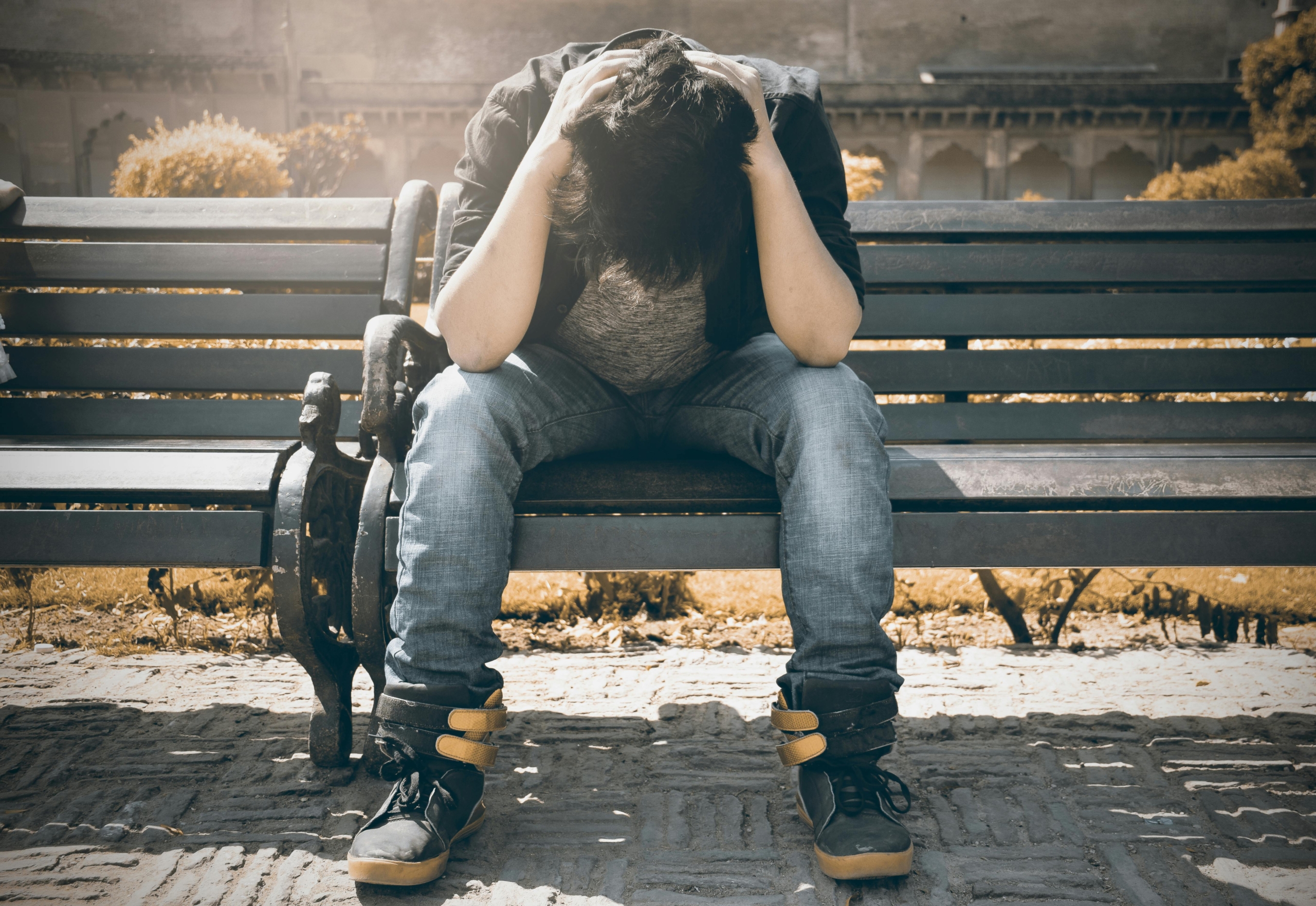How Inequality and Mental Health Fuel Global Poverty
 Inequality is not just an economic challenge; it’s deeply psychological, influencing how individuals perceive themselves, others and society. Disparities in living conditions and opportunities profoundly affect mental well-being, leading to cycles of marginalization that erode trust, weaken social cohesion and harm mental health. This acceptance of inequality can become entrenched in societal norms, making it harder to challenge. However, understanding these psychological dimensions also reveals avenues for political and social change, as shifting perceptions can fuel efforts to reduce these disparities.
Inequality is not just an economic challenge; it’s deeply psychological, influencing how individuals perceive themselves, others and society. Disparities in living conditions and opportunities profoundly affect mental well-being, leading to cycles of marginalization that erode trust, weaken social cohesion and harm mental health. This acceptance of inequality can become entrenched in societal norms, making it harder to challenge. However, understanding these psychological dimensions also reveals avenues for political and social change, as shifting perceptions can fuel efforts to reduce these disparities.
Understanding Global Inequality
Global inequality is marked by the uneven distribution of resources, opportunities and power, leading to significant differences in living standards. This issue is not only global but also deeply rooted within nations where social stratification creates rigid hierarchies based on power, status and wealth. For instance, the bottom 50% of the global population controls just 2% of the world’s wealth, while the top 10% commands 76%. Although global inequality between countries has slightly decreased, internal disparities within nations have widened, revealing an alarming trend of growing inequality even as some global measures improve.
Psychological Dimensions of Inequality
- Perceptions and Their Impact: How people perceive inequality is crucial in understanding behavior and societal cohesion. Perceptions, shaped by relative or absolute measures, influence how individuals view their place in society and their potential for upward mobility. Misjudgments in these perceptions can obscure or exaggerate the true extent of inequality, affecting personal choices and reinforcing societal dynamics that perpetuate the status quo.
- Mental Health Consequences: tyle=”font-weight: 400;”>>The psychological toll of inequality is profound, particularly when it comes to mental health. Dr. Greig Inglis from the University of the West of Scotland, who has extensively researched poverty stigma and its mental health effects, explains, “The most commonly discussed form of poverty stigma is discrimination, where people living in poverty are treated unfairly because of their financial situation. However, there are other forms of stigma, such as the anxiety about how others might treat them in the future due to their financial difficulties.” Inglis further notes that “the evidence is clear that poverty stigma is detrimental to mental health, often leading to low self-esteem, depression and other signs of mental ill-health.”
This stigma often traps individuals in a cycle where mental illness and poverty exacerbate each other, particularly in low- and middle-income countries (LMICs). Mental health struggles can lead to exclusion from economic opportunities, further deepening poverty. Moreover, poor mental health is closely linked to other health problems, reducing productivity and economic stability. Addressing mental health in these populations is essential for breaking the cycle of poverty and inequality.
Mechanisms Perpetuating Poverty
- The Role of Perception and Self-Interest: People’s perceptions of inequality are shaped by their environment and personal interests, with social and media cues playing a significant role. These perceptions can lead to biased views that reinforce existing inequalities, as individuals support policies that align with their interests, often benefiting the wealthy at the expense of the poor.
- Income Disparities and Social Stratification: Income inequality is a major driver of poverty, creating entrenched cycles that are difficult to break. Social stratification further solidifies these disparities, limiting social mobility and trapping those born into poverty. Overcoming these barriers requires systemic change that addresses the root causes of inequality rather than just its symptoms.
Global Efforts to Tackle Inequality
The Business Commission to Tackle Inequality (BCTI) and the International Monetary Fund (IMF) have launched significant initiatives to address global inequality. BCTI’s 10-point action agenda focuses on embedding social performance and accountability into business practices. At the same time, the IMF has expanded its efforts to include fiscal redistribution, social spending and inclusive growth.
In response to COVID-19, the IMF doubled access to emergency financing, approving $116 billion for 85 countries, provided debt relief grants through the Catastrophe Containment and Relief Trust (CCRT) and collaborated on the Debt Service Suspension Initiative (DSSI) for low-income countries. Additionally, the IMF allocated $650 billion in Special Drawing Rights (SDRs) to bolster global economic stability during the crisis. These initiatives highlight the importance of addressing both the economic and psychological dimensions of inequality as part of a comprehensive strategy to reduce global poverty.
Conclusion
Addressing mental health and emotional barriers that sustain inequality can create more just and equitable societies. While economic growth is necessary, it alone may be insufficient; changing perceptions and breaking down psychological barriers are vital for fostering sustainable development and global social equity.
– Sandeep Kaur
Sandeep is based in Manchester, UK and focuses on Good News for The Borgen Project.
Photo: Pexels
